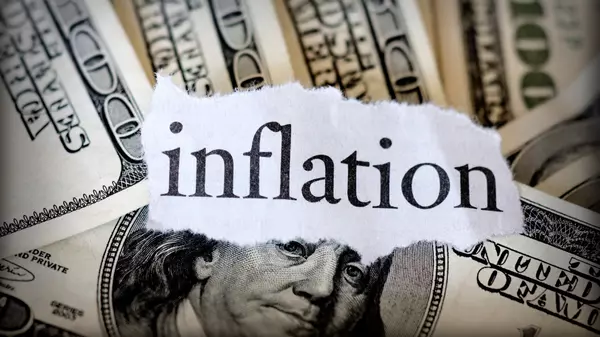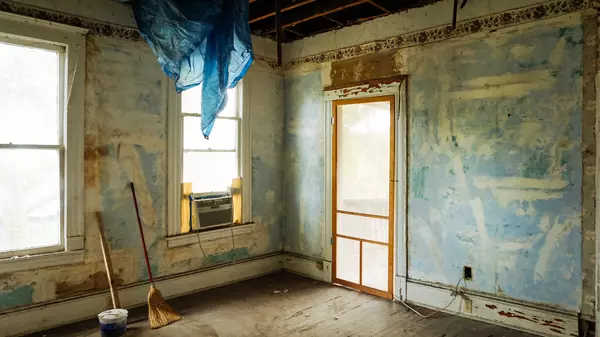The Don’ts of Mortgage Preapproval: What You Need to Avoid

When you're getting ready to buy a home, one of the first things you’ll likely do is apply for mortgage preapproval. This process shows sellers that you're a serious buyer and helps you understand your budget. But there are a few common mistakes to avoid during this crucial step. Here’s a look at the don’ts of mortgage preapproval to help you stay on track and ensure you’re in the best possible position when you’re ready to make an offer.
1. Don’t Make Large Purchases
One of the most tempting things to do after getting preapproved for a mortgage is to go out and buy that new car, expensive furniture, or other big-ticket items. While it may seem harmless, large purchases can have a significant impact on your debt-to-income ratio, which is a key factor lenders use to determine your mortgage eligibility.
Even if you’ve been preapproved, taking on new debt could affect your loan amount or even cause your preapproval to be revoked. If you’re planning on making any large purchases, it’s best to hold off until after your mortgage is finalized.
2. Don’t Open New Lines of Credit
Similar to making large purchases, opening new lines of credit—like applying for a new credit card or financing a new car—can also negatively affect your credit score and debt-to-income ratio. Lenders look at your credit history closely during the preapproval process, and new credit can signal risk.
A sudden drop in your credit score could impact your ability to secure the mortgage you were preapproved for or even change the terms of your loan.
3. Don’t Miss Payments on Existing Debts
During the preapproval process, lenders are reviewing your financial history, including your payment history on existing debts. Missing a credit card payment, a car loan payment, or any other regular debt payments can raise red flags for lenders. Late payments may lower your credit score and could potentially lead to your preapproval being reconsidered or revoked.
Make sure to stay current on all your payments while you’re in the preapproval process to avoid any issues down the road.
4. Don’t Change Jobs
Lenders typically prefer to see steady, reliable income when approving a mortgage. While changing jobs isn't inherently a deal-breaker, it can raise questions for lenders. If you switch to a new job during the preapproval process, especially if it comes with a pay cut or different compensation structure, it could affect your preapproval.
If possible, try to stay in your current job until after your loan is finalized. If you must change jobs, be sure to inform your lender right away so they can reassess your financial situation.
5. Don’t Deposit Large Amounts of Cash
Depositing large sums of cash into your bank accounts can raise red flags for lenders. They typically want to know where your money is coming from, especially for your down payment and closing costs. If you receive a large gift or inherit money, it’s important to document the source of those funds properly, so it doesn’t look like untraceable or suspicious income.
To avoid any delays or confusion, try to keep your financial transactions transparent and avoid any large cash deposits without proper documentation.
6. Don’t Forget to Update Your Lender
Changes in your financial situation, even small ones, can affect your mortgage approval. If there’s a change in your income, employment status, or debts, it’s essential to update your lender immediately. Failing to do so could result in delays or complications in securing your mortgage. Transparency is key in the home-buying process, so make sure to keep your lender in the loop with any significant changes.
7. Don’t Skip Shopping Around for Lenders
While it’s tempting to go with the first lender who offers you preapproval, it’s essential to shop around and compare loan options. Different lenders may offer different interest rates, loan terms, and fees. A slight difference in the interest rate can make a significant difference over the life of your loan.
Do your research, ask for recommendations, and get quotes from multiple lenders to ensure you're getting the best deal possible.
Conclusion
The mortgage preapproval process is a critical step in purchasing a home, but there are several important things to avoid to ensure everything goes smoothly. By steering clear of these common mistakes—such as making large purchases, opening new lines of credit, or changing jobs—you can keep your preapproval intact and stay on track for a successful home buying experience.
Categories
Recent Posts










GET MORE INFORMATION


